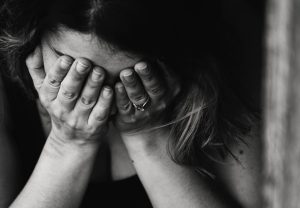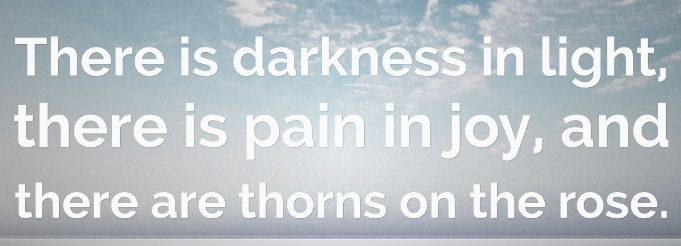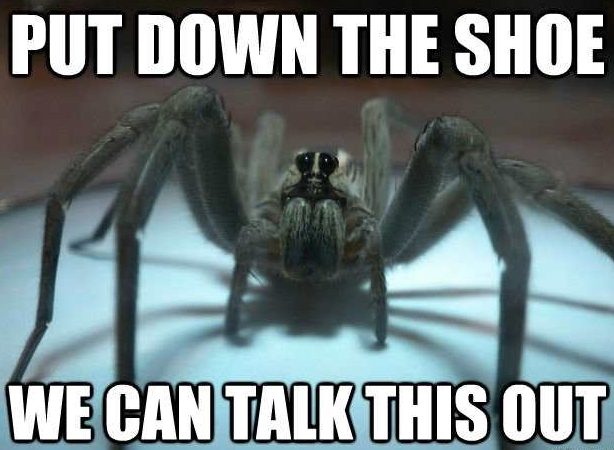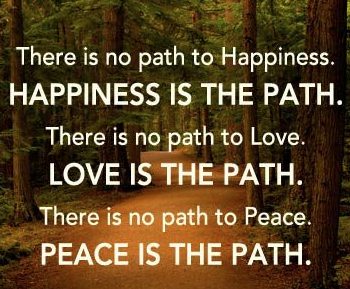The Key to Happiness

I looked up “key to happiness,” hoping Google might surely have some answers: learn to let go, accept yourself, be present, eat healthily, love, be grateful, et cetera.
All of those things are important, but I propose to you a very simple truth:
The key to happiness is learning how to be unhappy.

There is no perfect. There is no forever calm/contented state, and negative emotions (despite their potentially painful nature) are necessary and useful to us. Inevitably, in the pursuit of meaningful things—growth, change, development, connection—we will experience pain.

Think about spiders. Weird, I know, but trust me and I promise this will lead somewhere.




I’m not saying pain is out there so let’s all go run after and give up on protecting ourselves. Acknowledging that pain as an unavoidable part of life doesn’t mean I’m resigning myself to a life of pain, it means I recognize it as a part, a temporary and necessary part, of a larger system. I can still try to minimize and limit my exposure to this uncomfortable thing, but inevitably that uncomfortable feeling will present itself, and if I can tolerate (not enjoy, not like, not agree with) that discomfort in the moment then I open myself up to pursuing the things that I value and the things that are meaningful. If I’ve convinced myself that the pain would be too much to bear and the prospect is just too scary, then I will arrange my life and take action from a place of fear as opposed to a place of value or meaning, so double-whammy, I will not feel connected to anything meaningful and I will be in pain anyway!
I need to be able to recognize that the uncomfortable emotion is simply an inevitable part of something bigger. It is appropriate. It is understandable given the context within which it is being experienced. Moreover, it is temporary. If I can learn how to sit with—not run away from, not avoid—sit with, work through, tolerate, distract, hope, connect, grieve, write, breathe, cry, or whatever else I need to do in the face of an uncomfortable negative emotion, then it stops having all the power in the world over me, and I am free to more openly and explicitly pursue the things that actually matter—and that is what makes us happy.


your healing journey today.
